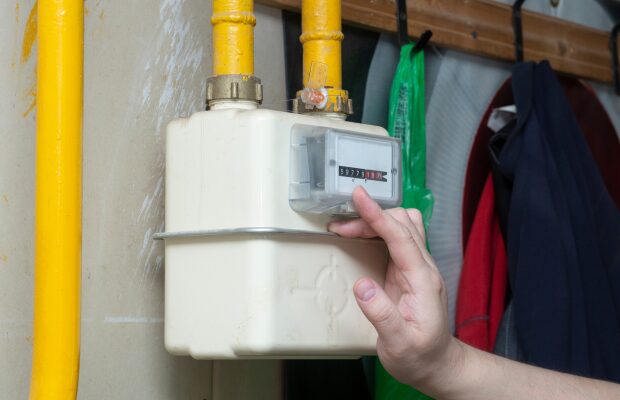As a landlord, it is critical that you understand your tax obligations to remain legally compliant. You are required to pay income tax on your rental income, which is done by completing a self-assessment tax return. Let’s take a look at how to calculate your rental income and complete your tax return.
Looking to expand your property portfolio? Contact your local Ellis & Co branch today.
Preparation for your tax return
Registering for self-assessment
When preparing to pay your tax return, the first thing you need to do is register for self-assessment with HM Revenue and Customs (HMRC). This can be done by completing the online form on the HMRC website. You will be asked to enter your National Insurance number and provide details about all of your rental properties.
Once you have registered, you will receive a Unique Taxpayer Reference (UTR) number. Take note of this number, as you will be asked for it when filing for your tax return.
Related: Everything you need to know about paying tax on rental property
Important deadlines
There are deadlines that must be met in order to avoid facing financial penalties. These dates vary depending on whether you are completing a paper tax return or an online tax return:
- 5 October: Register for self-assessment (if you have never done so before)
- 31 October: Paper tax returns must be completed
- 31 January: Online tax returns must be completed
Keep accurate records
It’s important to keep accurate records so that you have a comprehensive account of all rental income and allowable expenses. Keep any receipts, invoices, and bank statements related to property expenses, such as repairs, maintenance, property management fees, and utility bills.
Failing to maintain accurate records could make filing your tax report much more complex and may prevent you from receiving all of your eligible deductions. HMRC requests that you keep your records for at least 5 years after the 31st January tax return deadline for each tax year.
Related: Should I invest in property instead of saving?
Understanding allowable expenses
Allowable expenses are costs you can deduct from your rental income to reduce how much tax you owe. Example of these expenses include:
- Maintenance and repairs
- Insurance premiums
- Property management fees
- Utility bills
- Ground rent
- Legal fees related to tenancy renewals
Tip: Mortgage interest is no longer considered an allowable deduction, but you can claim a 20% tax credit on your mortgage interest payment.
Calculating your rental income
To calculate your taxable rental income, start by summing up all the rental payments received from tenants, including any additional income related to the property. From this gross rental income, deduct all allowable expenses incurred during the tax year.
The figure you are left with represents your net rental income, which is the amount that you will be taxed on.
Related: Two-thirds of landlords may switch to a managed let
Completing your tax return
Filing your tax return
To begin the process of completing your tax return, you need to gather all the necessary documentation, including rental income records, receipts for expenses, and bank statements. You need to enter all this information on the HMRC website, making sure to differentiate between your different allowable expenses.
It’s crucial to double-check that the information you have provided is accurate before submitting your return to avoid errors that could lead to fines.
Paying your tax bill
Once you’ve filed your return, you have until 31st January to settle any outstanding amount. You can pay your tax bill through various methods, including online via HMRC’s portal, by direct debit, or through a bank transfer. Make sure you process your payment by the deadline to prevent late fees and additional interest charges..
Planning for the next tax year
Effective planning for the next tax year helps you stay organised and compliant in the future. Continue to keep all records of income and allowable deductions while keeping up to date with any changes in landlord tax regulations. An experienced financial adviser could help you stay on top of things and maximise your rental profits.
Contact your local Ellis & Co branch today for expert lettings advice.








